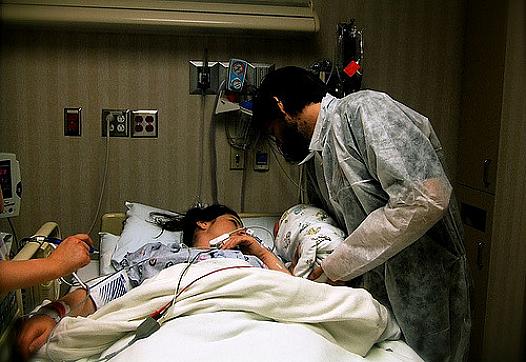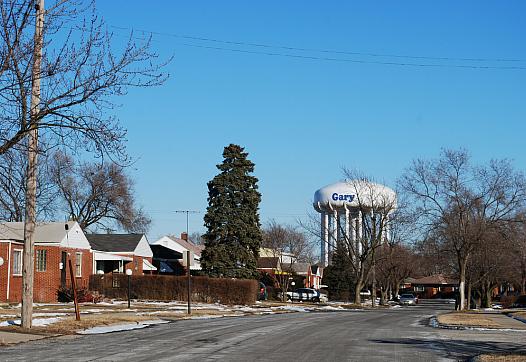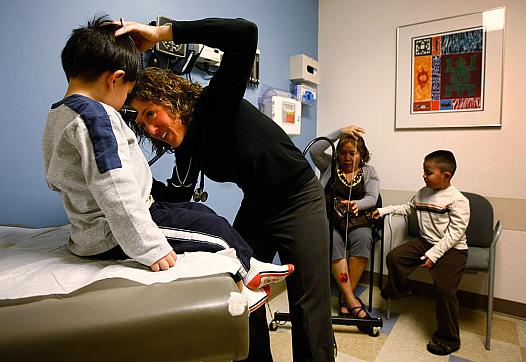
“To find out after the fact that this could have been avoided — you put my kid through a little nightmare here and you affected his health,” said one mother whose 13-year-old son fell ill after jet skiing in the lake.

“To find out after the fact that this could have been avoided — you put my kid through a little nightmare here and you affected his health,” said one mother whose 13-year-old son fell ill after jet skiing in the lake.

One parent referred to Georgia's 46-year-old system for segregating children diagnosed with emotional and behavioral disabilities as “a warehouse for kids the school system doesn't want or know how to deal with.”

Criminalizing pregnant women and new mothers for drug dependency problems leads to poorer health outcomes while disproportionately punishing low-income women of color, argues maternal health advocate Emily Eckert.

The number of children diagnosed with developmental disabilities has increased notably in the past two decades, and a growing body of science suggests that environmental pollution, stress and food insecurity are fueling the trend.

Variation in C-section rates has been well explored, but journalistically, there is much more to do: What is the impact on women from these surgeries? What are the costs? What strategies are working to reduce rates?

A new data-rich almanac on maternity care in California highlights persistent racial disparities in prenatal care and maternal mortality rates.

Infant mortality may be one of the most cold, impersonal terms out there, especially when what we're talking about is dying babies....

The annual Data Book published by Kids Count this week feeds into a larger news trend of late that has emphasized broad gains in children's health and morality rates.

Children are consistently switched from one Medicaid insurance company to another without their parents' consent, and pediatricians continue to have trouble getting their patients the medication and treatment they need, a new survey of Florida pediatricians finds.

Tennessee was one of four states that recently passed important new laws taking aim at the country's high maternal death rate. Yet you’d be hard pressed to find out about the legislation from reading the news.